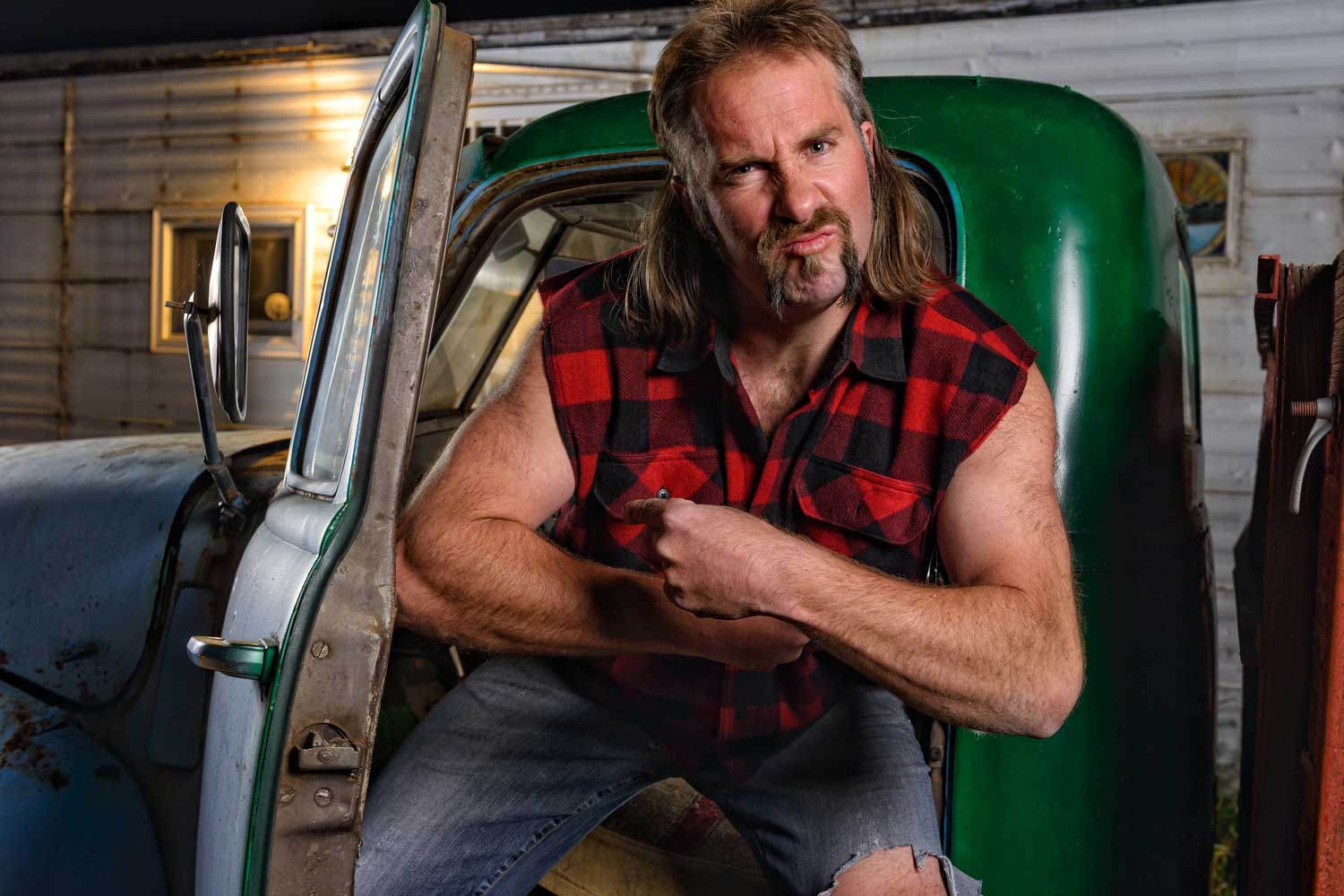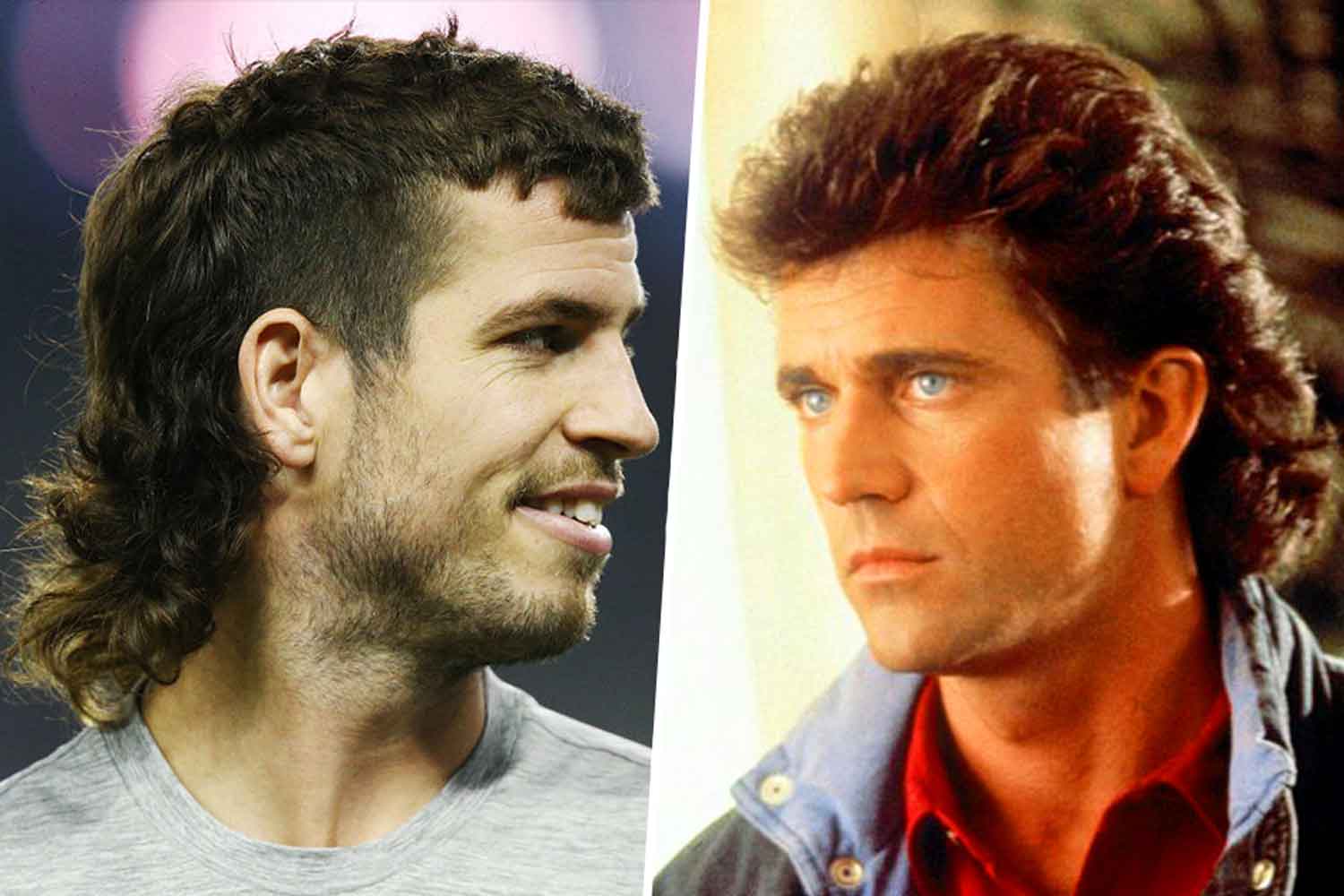
When I was in Year 5 – which would have made me around 11 years old – yo-yos were all the rage in school. Within one summer the small handheld toy had become the most ‘in’ thing on the playground. Everyone had one. Except me, that is. I distinctly remember the feeling of being left out, as seemingly every kid I knew was waltzing around, wide grin on their face as they performed cool tricks on their new favourite toy. The kids capable of performing the best tricks were like rock stars. Without a yo-yo I could feel myself drifting into obscurity; to my 11-year-old mind I was as good as finished.
All this changed when my father returned from a business trip to the States with a brand spanking new state-of-the-art piece of kit that I had never even seen before. This was no Pro-yo, this elegant contraption was called a ‘Black Mamba’ and came with eight clutches, which in yo-yo parlance is like… well, it’s really good, trust me. Walking to school the next day, the Black Mamba clutched tightly in my hand, I could feel my luck was about to change. This excitement, however, turned out to be short lived. After registration the whole school was called in for an assembly during which time the headmaster informed us that yo-yos were banned. Fuck.
I never did get to show off my new skills and truth be told it took a good few years for me to get over the sense of injustice I felt. Until I grew up, of course, and realised why the headmaster had made such a decision. Yo-yos were, at the time, being used as a means of social capital. This is all well and good for those who have one, but not everyone’s parents could afford it. And so, in banning them, our headmaster was ensuring that the playground didn’t get split into a social hierarchy based on how much disposable income one’s parents had. Fair enough.
All this to say, when I first heard schools in Australia were banning the mullet, I thought back to the hard lesson I had learned in primary school and figured it a good call. After all, we can’t bring about a society divided into the have-mullets and have-not-mullets, right? Then I realised, this is in fact the opposite of what’s happening. Because, everyone can have a mullet if they want one. Being that it is one of the most DYI haircuts imaginable you barely even need a hairdresser – just pick up a pair of scissors and have at it. This isn’t about protecting marginalised kids, it’s about protecting dated notions of propriety.
“While personal expression, fun and creativity are important parts of who we all are as individuals,” explained a Waverley spokesperson to the Telegraph, “it needs to fit within the bounds of what is acceptable and required of us.”
A suitably vague explanation. Essentially, the powers that be at Waverley just don’t like the mullet and being that it’s a private school, that’s their prerogative. But, I wonder if they have taken the time to think about what the mullet represents, particularly at a time as challenging as this one? The epitome of ‘business at the front, party at the back’, the mullet is uniquely Australian, even more so than snagging a sausage sizzle at Bunnings on a Saturday morning.
It encapsulates the larrikin spirit with its cheeky smile and roaming sense of freedom. In the mullet we see Shane Warne, a masterful athlete who, ciggie in hand, refused to be told how to act, knowing that all that mattered was how many wickets he took. It’s the stylistic incarnation of Bob Hawke, a man who by day would manage the affairs of the nation, while downing schooners at night. Just like Aussies at large, the mullet’s irreverent aesthetic refuses to take itself too seriously. Then there’s the fact it is one of the few things found in all areas of Australian society, from popstars to NRL players, Indigenous children to Pacific Islanders and tradies to white kids at Waverley private school. (Well, not anymore, at least).
Stop me if you think I’m overthinking this one, but it’s the spirit of the mullet that has allowed Australia to abide by social distancing rules and travel restrictions far better than other places, meaning we’ve managed to limit the spread of COVID-19 with relative ease. We are a people who follow the rules (call this the business side) while also giving a cheeky two fingers to the powers that enforce them (the party side). It’s not about anarchy, it’s about having a sense of humour even when times are tough.
Maybe this was lost on the Waverley school board. Or maybe, unlike me they simply didn’t have spare hours in their day to overthink the cultural implications of a mere hairstyle. (Perhaps both.) But they should have. Because while Australia’s identity has a lot of things that require updating, the mullet isn’t one of them.
Yo-yos come and go, but mullets are for life.
















